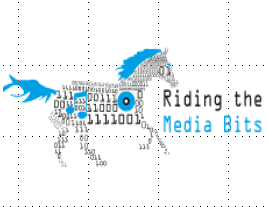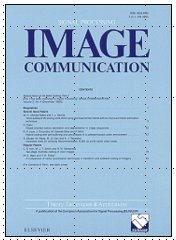The MPEG frontier
Introduction MPEG has developed standards in many areas. One the latest is compression of DNA reads from high-speed sequencing machines and is now working on Compression of Neural Networks for Multimedia Content Description and Analysis. How could a group who was originally tasked to develop standards for video coding for interactive applications on digital storage media (CD-ROM) get to this point? This article posits that the answer is in the same driving force that pushed the original settlers on the…
















